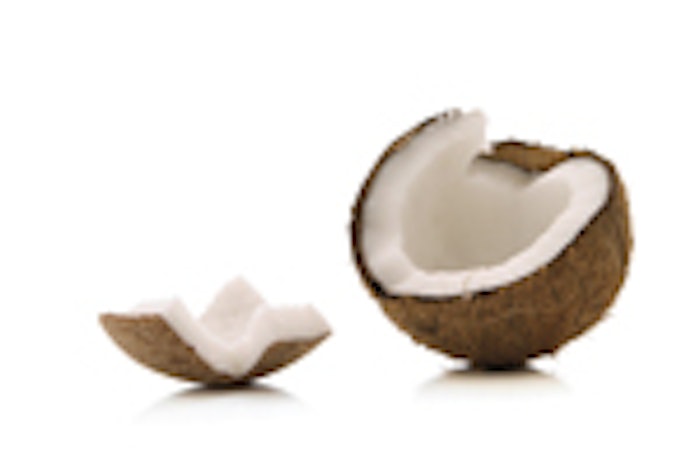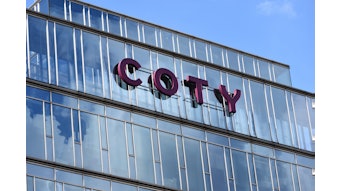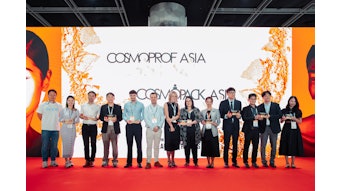
In September 2011, Deutsche Gesellschaft für Internationale Zusammenarbeit (GIZ) GmbH, BASF and Cargill worked together to promote sustainable coconut oil and improve the living conditions of coconut farmers in the Philippines. At that time, they established the world’s first certified production of copra, the dried coconut flesh used to process coconut oil. The alliance is based on the southern Philippine island of Mindanao.
According to Cargill, as of June 17, 2015, the group reached a milestone in training more than 1,000 farmers in good agricultural practices such as the correct use of fertilizers, intercropping, replanting and Sustainable Agricultural Network (SAN) standards. The farmers also received access to a newly-developed drying technology for high-quality coconut flesh. As a result, 300 small farms from the region now produce the world's first Rainforest Alliance-certified copra, meeting the standards of the SAN.
Additionally through this program, ~2,500 small farmers and their families—up to 12,500 Filipinos—were made eligible for PhilHealth government health insurance, which provides free medical treatment. Yielding more than 15 billion coconuts per year, the Philippines is a leading global producer. Coconut palms are grown on an area covering 3.5 million hectares, which is approximately 26% of the country's land use. The export earnings for coconut products were approximately $1.8 billion. Yet, coconut-producing regions have been among the least developed areas in the country, and home to some of the largest numbers of the Philippines’ rural poor.
“Our ability to feed the world depends on successful farmers at every level of production, including smallholders,” said Efren Barlisan, general manager, Cargill Philippines, in a press statement. “Cargill works with millions of smallholder farmers worldwide to help them increase their agricultural productivity, yield and profitability to improve their livelihood in a sustainable manner. We are proud to be part of this initiative—in which we introduced new technology, provided training and set up internal management systems required for the production of high-quality certified copra.”
Harald Sauthoff, vice president of global procurement for natural oils and oleochemicals at BASF added, “Together with our partners, we were able to show [the possibility] to specifically promote the sustainable production of high-quality coconut oil and improve the living conditions of the coconut farmers. This success allows us to look to the future with optimism.”
The project is partly financed by the German Federal Ministry for Economic Cooperation and Development (BMZ) under the develoPPP.de program. Additionally, BASF and Cargill pay a premium for high quality and certified copra to help increase revenue and improve social and environmental standards.










